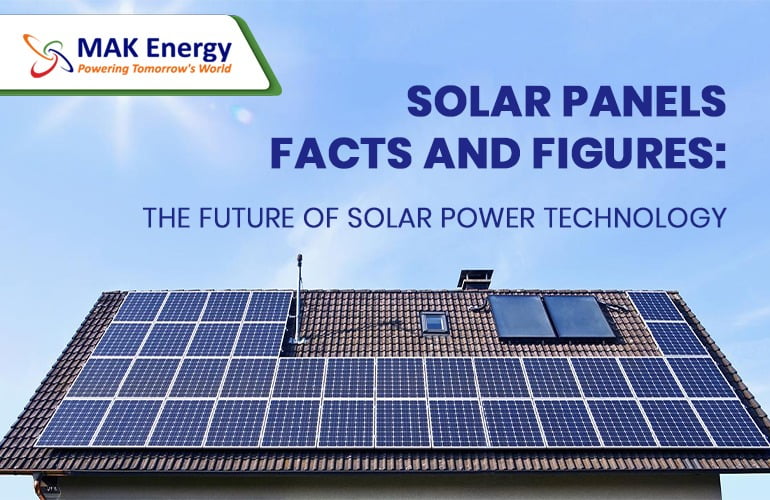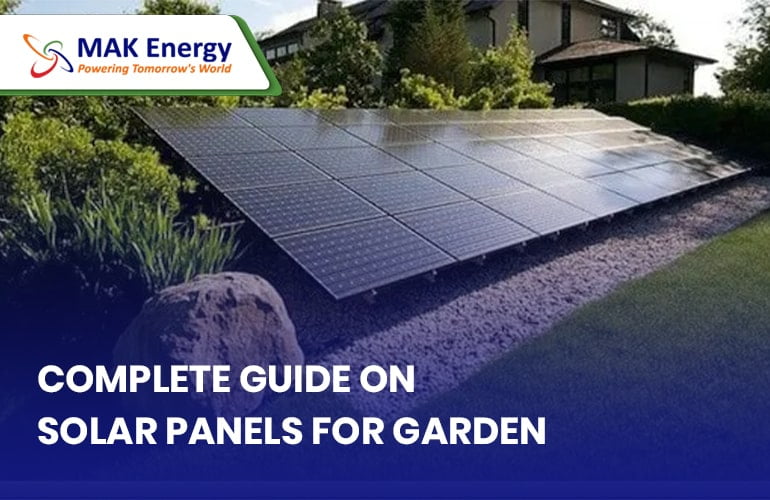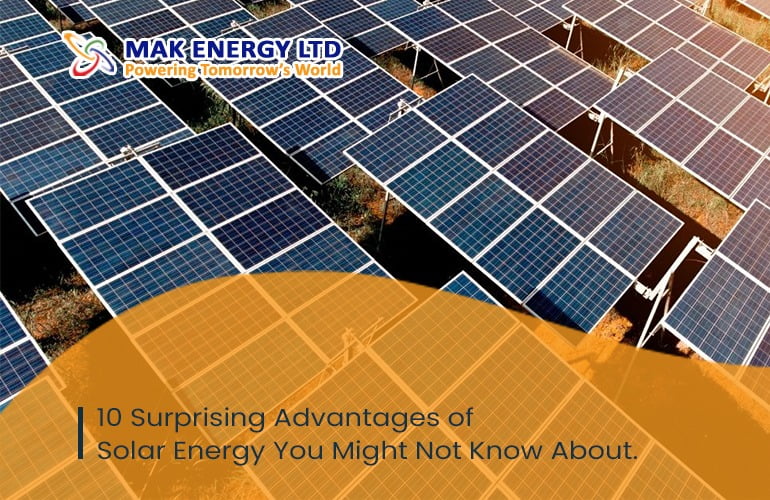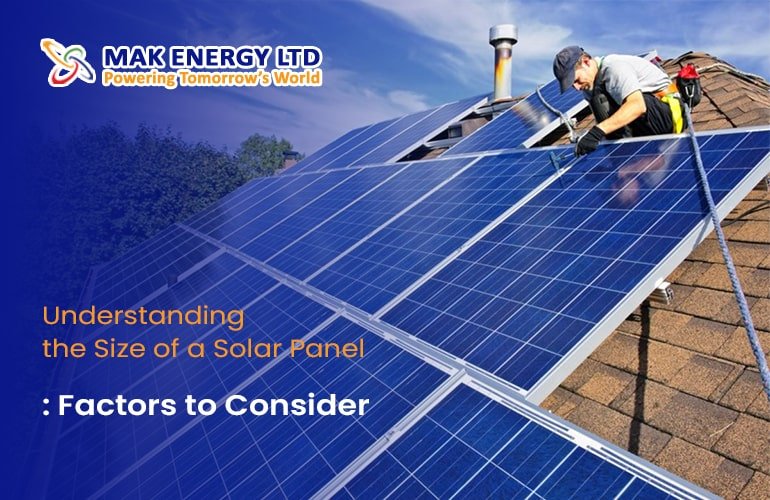Last updated: January 11th, 2024 at 07:48 am
In recent years, solar panels have gained significant attention as a promising source of renewable energy for electricity production. The demand for solar panels is increasing globally, as homeowners, individuals, businesses, industries, and farms seek a cleaner, cheaper, and more reliable energy source. Despite the abundance of information available on the internet, some people still struggle to find accurate information on solar panels. This blog aims to explore essential solar panels facts and figures to provide a better understanding of the power of the solar panels.
Here are some solar panels facts that will change the way you think about solar panels
Solar panels are not new in the market – Solar Panels Facts
Many people around the world believe that solar panel systems are a new way of energy production, but this is not true. In fact, the first solar panel was manufactured in the mid-19th century when Bell Laboratories created the first solar cell. Although its efficiency was only 1%, this marked the beginning of the solar energy initiative.
Solar panel industry growth and projections – Solar Panels Facts
Power generation from solar PV increased by a record 179 TWh in 2021, marking a 22% growth from 2020. Solar PV accounted for 3.6% of global electricity generation, making it the third largest renewable electricity technology behind hydropower and wind. ( https://www.iea.org/reports/solar-pv). The industry is expected to continue its impressive growth rate. According to “World Energy Outlook 2022“, the latest publication by The International Energy Agency (IEA), the annual capacity of added solar panels is predicted to increase more than quadruple to 650 GW in 2030. This growth is driven by several factors, including the decreasing cost of solar technology and increasing government support for renewable energy.
Solar panels are cheaper – Solar Panels Facts
One of the most significant advantages of solar energy is its cost-effectiveness. The cost of solar energy has declined rapidly over the last decade, making it increasingly competitive with traditional energy sources. Solar panel costs have dropped by over 80% in the past decade, making it the cheapest source of electricity in some regions, and when compared to electricity bills, solar panels are more than 50% cheaper than grid electricity.

Figure by – Green Power
Solar panels are built to last – Solar Panels Facts
One of the most tremendous benefits of installing solar panels is their ability to last for a longer period of time. Solar panels are a lifetime companion. Typically, when a solar panel is installed, the power agreement lasts between 20 to 30 years. It means a solar panel can produce electricity for a minimum of 20 years, and a well-reputed and quality-oriented brand can resolve your electricity headache for nearly 30 years. And magically, after that period, they don’t stop working immediately. In most cases, solar panels will be fully functional even after that period.

Solar panels increase your home’s value – Solar Panels Facts
Homes that have solar panels installed on their rooftops are more valuable than those without. Even if your home is not the most visually attractive feature, studies have shown that its value can still increase by 4% to 14% with the installation of solar panels. This means that your home will still be desirable to potential buyers, even if it is not located in the most well-reputed areas of society.
Solar panels do not need direct sunlight – Solar Panels Facts
One of the surprising solar panels facts is that they can still work and produce enough electricity during cloudy days or when the sunlight is dim. According to the National Renewable Energy Laboratory, solar panels can still produce 25% of their energy production during cloudy days. This makes solar panels a reliable source of power even in cold weather conditions.
Solar panels are completely silent – Solar Panels Facts
All forms of traditional electricity generation produce noise and add pollution to the already polluted environment. Unlike generators, solar panels do not produce any noise, making them completely silent. This makes solar PV a superior solution for domestic and other applications, such as libraries, schools, and hospitals where silence is necessary. You may wonder about inverter noise, but it is negligible when compared to generators and other traditional forms of energy production.
Solar panels are environment-friendly – Solar Panels Facts
Solar panels are the most reliable and environmentally friendly source of electricity production. They emit almost nothing in terms of environmental pollutants. In the first two years of their production, solar panels emit only around 50g CO2 per KWh. By the third year, most of the solar panels become carbon neutral. On the other hand, the traditional way of electricity production emits almost 2.26 pounds of CO2 per kWh produced.
Solar panel efficiency ratings – Solar Panels Facts
You may be surprised to know that solar panels cannot convert all the sunlight that hits their surface into electricity. Here’s why: One hour of sunlight has the potential to power the Earth for an entire year. It’s simply not possible for a single panel to absorb that much light at once. On average, a solar panel can convert only 15% to 22% of the sunlight it receives into energy. So, the efficiency of solar panels is measured by their ability to convert sunlight into electricity.

Conclusion
The solar panels facts and figures presented in this blog highlight the tremendous potential of solar energy as a clean and sustainable source of power. With the cost of solar technology continuing to decline and government support for renewable energy increase, we can expect to see continued growth in the solar industry. As we move towards a more sustainable future, solar energy will play an important role in reducing our reliance on non-renewable energy sources and mitigating the negative impacts of climate change.




